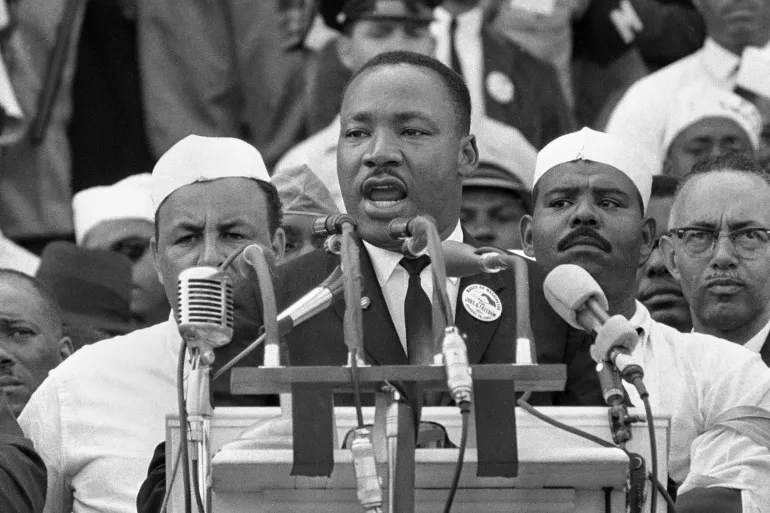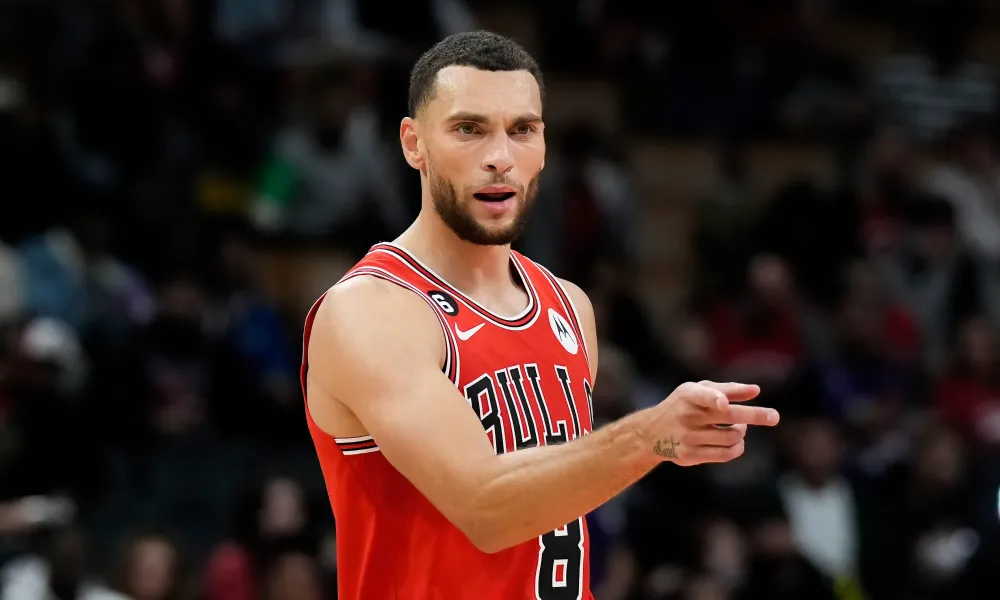
Dr. Martin Luther King Jr. Day is a federal holiday celebrated annually on the third Monday of January. This day honors the life, legacy, and achievements of Dr. King, a pivotal figure in the American Civil Rights Movement. His tireless efforts toward racial equality, nonviolent protest, and social justice left an indelible mark on American history. Today, Dr. Martin Luther King Jr. Day serves as a time to reflect on the progress made, recognize ongoing struggles for equality, and celebrate King’s monumental contributions to creating a more just society.
The Life and Legacy of Dr. Martin Luther King Jr.
Dr. Martin Luther King Jr. was born on January 15, 1929, in Atlanta, Georgia. As the son of a prominent African American pastor, he was deeply influenced by his religious upbringing and the teachings of nonviolence from Mahatma Gandhi. Dr. King became a leader in the fight for civil rights in the 1950s and 1960s, advocating for peaceful protests and civil disobedience as a means to challenge segregation and systemic racism in the United States.
One of Dr. King’s most iconic moments came in 1963 when he delivered his “I Have a Dream” speech during the March on Washington for Jobs and Freedom. This speech, which called for racial equality and an end to discrimination, resonated with millions and became a symbol of the Civil Rights Movement. Dr. King’s leadership also played a key role in the passing of major legislative acts, including the Civil Rights Act of 1964 and the Voting Rights Act of 1965, which aimed to eliminate discrimination based on race, color, religion, sex, or national origin.
Tragically, Dr. King’s life was cut short when he was assassinated in Memphis, Tennessee, on April 4, 1968, at the age of 39. Despite his untimely death, his legacy lives on, inspiring generations to continue the fight for racial justice, equality, and peace.
The Importance of Dr. Martin Luther King Jr. Day

Dr. Martin Luther King Jr. Day was established as a federal holiday in 1983, following years of campaigning by King’s supporters. It was first observed as a national holiday on January 20, 1986, although some states initially resisted the holiday, with South Carolina, Arizona, and New Hampshire being notable holdouts. Over time, however, Dr. King’s birthday became universally recognized as a day of remembrance and celebration for his contributions to American society.
The holiday is a time for Americans to reflect on the values of equality, freedom, and justice that Dr. King championed. It also serves as an opportunity to engage in community service and activism, continuing King’s commitment to making the world a better place. On Dr. Martin Luther King Jr. Day, many people participate in service projects, marches, and educational events to honor his legacy.
How People Celebrate Dr. Martin Luther King Jr. Day
Dr. Martin Luther King Jr. Day is observed across the United States in various ways, including both public and private events. Many individuals, families, and organizations engage in community service projects that align with the values of Dr. King. These can range from helping out at food banks to cleaning up local parks or mentoring youth in underserved communities.
In major cities, large public marches and parades are held to commemorate the day, with participants gathering to express solidarity in the ongoing fight for equality. Educational institutions often hold discussions or screenings of films and documentaries that focus on Dr. King’s life, his principles of nonviolence, and the Civil Rights Movement. Schools and universities also use this day as an opportunity to educate students about King’s role in shaping American history and the significance of the Civil Rights Movement.
Another way people honor Dr. King’s legacy is through reflection and conversation. Many Americans take time on this day to read Dr. King’s speeches, including the “I Have a Dream” speech and the “Letter from Birmingham Jail,” which articulate his vision for a society grounded in justice and equality for all people.
The Role of Dr. Martin Luther King Jr. Day in Modern Society

In today’s society, Dr. Martin Luther King Jr. Day remains a powerful reminder of the work that still needs to be done to achieve true equality. While significant progress has been made since King’s time, issues such as racial discrimination, inequality in education and employment, and police brutality continue to affect marginalized communities. The day serves as both a celebration of past achievements and a call to action for continued social change.
Many activists and organizations use Dr. King’s holiday to bring attention to ongoing struggles for civil rights and justice. From protests advocating for police reform to campaigns for better access to healthcare and education, Dr. King’s principles of nonviolent resistance and love for humanity continue to inspire movements today.
Frequently Asked Questions (FAQs)
- When is Dr. Martin Luther King Jr. Day celebrated?
- Dr. Martin Luther King Jr. Day is observed every year on the third Monday in January, close to Dr. King’s birthday on January 15.
- What was the significance of Dr. King’s “I Have a Dream” speech?
- Delivered during the 1963 March on Washington, the “I Have a Dream” speech is one of Dr. King’s most famous addresses. It articulates his vision for a future where people are judged by the content of their character rather than the color of their skin, calling for an end to racism, segregation, and injustice.
- How can I participate in Dr. Martin Luther King Jr. Day?
- Many people participate in the holiday by engaging in acts of service, such as volunteering at local charities or helping with community projects. Others attend marches, listen to lectures, or reflect on Dr. King’s legacy through educational activities.
- Why did it take so long to establish Dr. Martin Luther King Jr. Day as a federal holiday?
- While Dr. King’s contributions were widely recognized, there was opposition from some states and lawmakers to establishing the holiday, particularly in the South. It wasn’t until 1983 that President Ronald Reagan signed the bill into law, with the holiday being first observed in 1986.
- What can we learn from Dr. King’s philosophy of nonviolence?
- Dr. King’s philosophy of nonviolence teaches us that lasting change comes through peaceful means rather than aggression. His belief in
the power of love, understanding, and forgiveness as tools for societal transformation remains relevant today. By following his example, we can advocate for justice without resorting to hatred or violence.
Conclusion
Dr. Martin Luther King Jr. Day serves as a powerful reminder of the progress achieved through dedication, perseverance, and love for humanity. Dr. King’s vision of a nation where all people, regardless of race, are treated equally remains a beacon of hope and a call to action. His tireless advocacy for civil rights continues to inspire individuals, communities, and organizations around the world to work toward creating a just society.
The holiday is more than just a day off from work—it is an opportunity for reflection, education, and most importantly, action. Whether through community service, participating in marches, or simply taking time to learn about Dr. King’s life and his mission, each person can contribute to the ongoing pursuit of equality. As we honor Dr. King’s memory, we are reminded that his dream is far from complete, and the work continues to ensure that his vision of justice, equality, and peace lives on for future generations.
As we celebrate Dr. Martin Luther King Jr. Day, let us reaffirm our commitment to a world where Dr. King’s dream becomes a reality for all.




